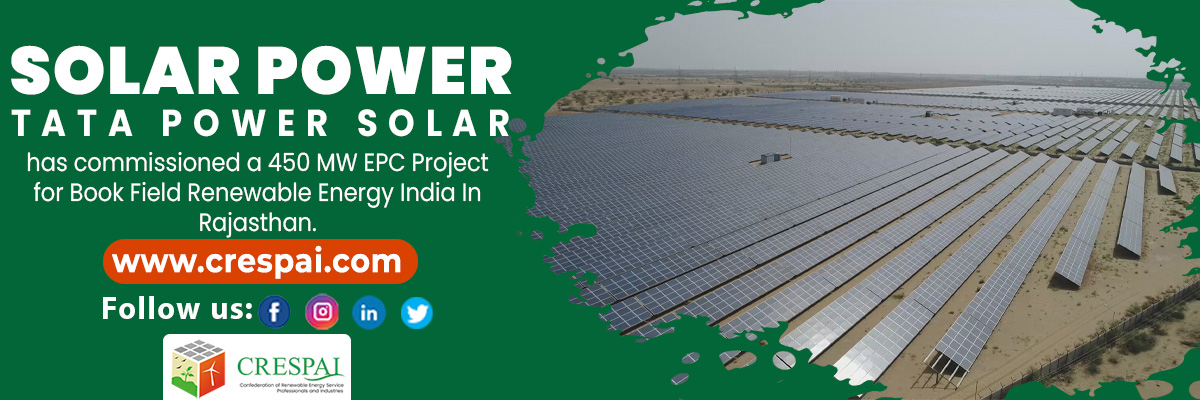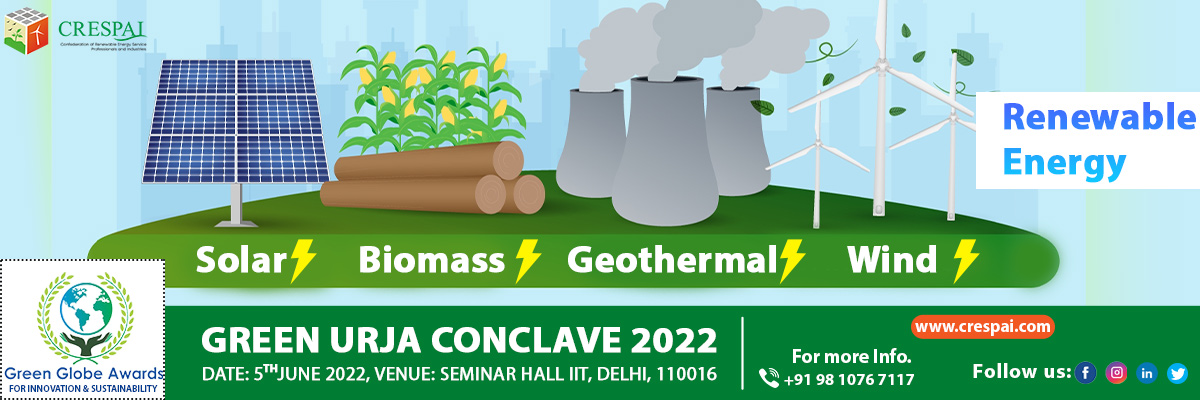
Niti Aayog, a government think tank, unveiled a draught battery swapping policy on 20 April 2022. The draught document is now out for public review, and Niti Aayog is accepting feedback on it until June 5th.
In this respect, Niti Aayog reportedly had an inter-ministerial conference in the month of February 2022 in order to establish a strong and all-encompassing battery-swapping policy framework. This information comes from an official announcement.
According to the policy, all metropolitan cities with a population of more than 40 lakh would be given priority for the creation of a battery swapping network during the first phase. The proposed legislation states that cars with swappable batteries would be allowed to be sold without the battery initially installed, which will result in cheaper purchase prices for prospective owners of electric vehicles.
Given the significance of the two-wheeler and three-wheeler vehicle markets in developing cities, the Aayog said in the draught policy that the second phase would include coverage of all important cities, including state capitals, UT headquarters, and cities with populations more than 5 lakh.
In her Budget speech for 2022-23, the Finance Minister announced that the Central Government would be introducing a battery swapping policy and interoperability standards in order to improve the efficacy of the electric vehicle (EV) ecosystem. This was done in consideration of the limited space available in urban areas for the installation of charging stations on a large scale.
According to what was said, any person or organization is allowed to establish a battery switching station at any place, provided that the technical, safety, and performance criteria that were mentioned are adhered to.
In addition to this, a comprehensive pre-draft stakeholder discussion was undertaken with a broad variety of stakeholders including battery swapping operators, battery manufacturers, vehicle original equipment manufacturers (OEMs), financial institutions, think tanks, and other specialists.
What is Battery Swapping System?
Smaller cars, such as two-wheelers and three-wheelers, are common candidates for battery switching since their batteries are more manageable and less cumbersome to replace than those found in larger automotive sectors, which may have the same functionality physically applied.
Battery switching creates a level playing field for the implementation of forward-thinking and environmentally conscious business models, such as “Battery as a Service.”
A different option is to switch out depleted batteries with fully charged replacements, which is referred to as “battery swapping.” By decoupling the cost of the vehicle from the cost of the fuel (in this example, the battery), battery switching may result in a decrease in the initial cost of automobiles.
As long as each interchangeable battery is put to good use, battery switching provides a number of significant benefits in comparison to charging, including a reduction in the amount of time needed, a reduction in the amount of space required, and a reduction in the amount of money spent.
Reference:-
https://www.niti.gov.in/draft-battery-swapping-policy
https://www.business-standard.com/article/economy-policy/niti-aayog-releases-draft-battery-swapping-policy-prioritizes-major-cities-122042100584_1.html










